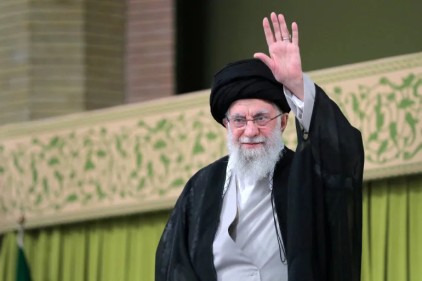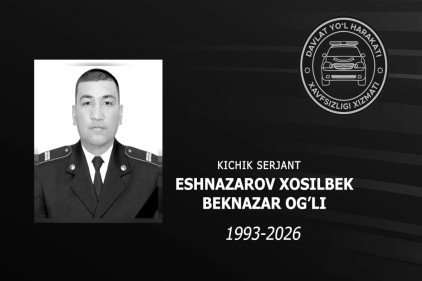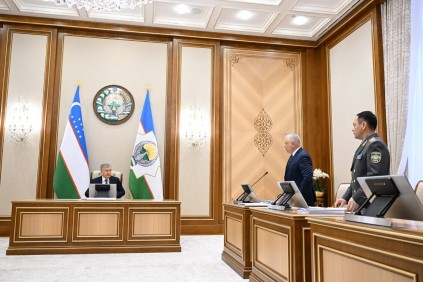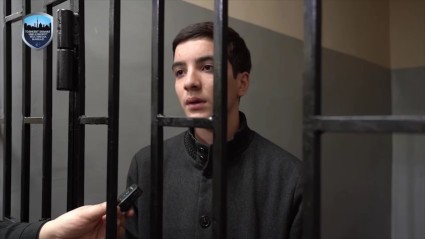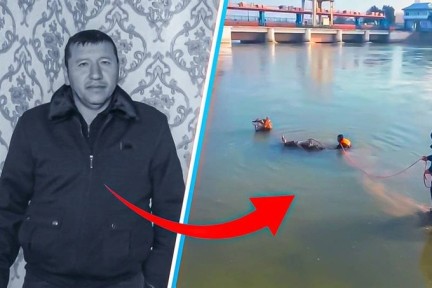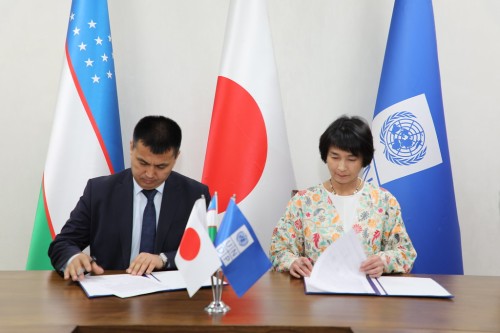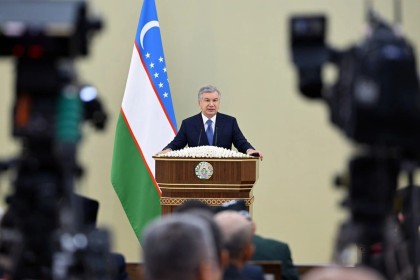Samarkand is hosting the international Interconnectivity Conference of the European Union and Central Asia: Global Gateway for Sustainable Development.
The High Representative of the European Union for Foreign Affairs and Security Policy, Josep Borrell, in his remarks, reminded that the international order, based on clear and transparent rules, allows ensuring the security and freedom of people and companies' investments.
“If we lose the international rule of law, there is a risk that, as a result of instability, we will lose everything that we have achieved. While protecting what is now under threat, we must at the same time change to meet new challenges,” he said.
“Europeans and Central Asians are uniting in the face of challenges. We live in a post-pandemic world, but we are building stronger ties between our societies and trying to cope with the consequences of Russian military aggression in Ukraine, which is leading to a triple crisis of energy, food and debt crisis,” said the head of European diplomacy.
“We cannot turn our backs on these threats. Some try to build barriers and hide behind them. But we know that we need to do the opposite. The walls will never be high enough, attempts to seek security in isolation are doomed to failure. Instead, we must work together and protect the international rule of law in this way, because this will guarantee our common security. Without the international rule of law, trade will not grow and investment will not come. Without the international rule of law, we will not all be safe,” Josep Borrell stressed.
He drew attention to the EU’s motives, which move it towards the development of more sustainable cooperation with the region of Central Asia.
“Like our partners in Central Asia, we in Europe also want to move forward towards strategic autonomy in order to have the freedom to choose who we want to connect with. Too much dependence and lack of choice is too costly. And today in Europe we see this very clearly when it comes to our energy security, as well as other vital areas: digital infrastructure, security architecture, as well as food supplies and access to the most important raw materials. And all this will become more and more important in Europe,” Borrell said.
“Our partners also have a desire to gain strategic autonomy. We respect this and recognize the natural desire of our Central Asian partners to reject dependence on any international partner, regardless of history or geography. We support the right of our friends from Central Asia to have freedom of choice,” said the head of European diplomacy.
“We also support that these connection options should not be exclusive,” he added. — When we talk about interconnectedness between the European Union and Central Asia, it should not be at the expense of other ties. On the contrary, it should strengthen and complement other ties within the larger network that unites us all.”
Josep Borrell emphasized that Europe is the No. 1 source of foreign direct investment worldwide.
“Without a doubt, we are the biggest investor in Central Asia. Over the past 10 years, EU member states have invested more than 105 billion euros in Central Asian countries, and this already exceeds 40% of the total amount of foreign direct investment in the region. This is more than Russia and China are investing. And we are ready to do more,” said the high representative of the EU.
At the end of his speech, Josep Borrell announced two Europe Team initiatives that will be presented during the conference.
“The Water, Energy and Climate Change Initiative will contribute to the sustainable management of water and energy resources, as well as the solution of environmental and climate change problems in Central Asia,” he said.
“The Digital Connectivity Initiative will increase Central Asia's access to the global Internet through satellite communications,” said Josep Borrell.


